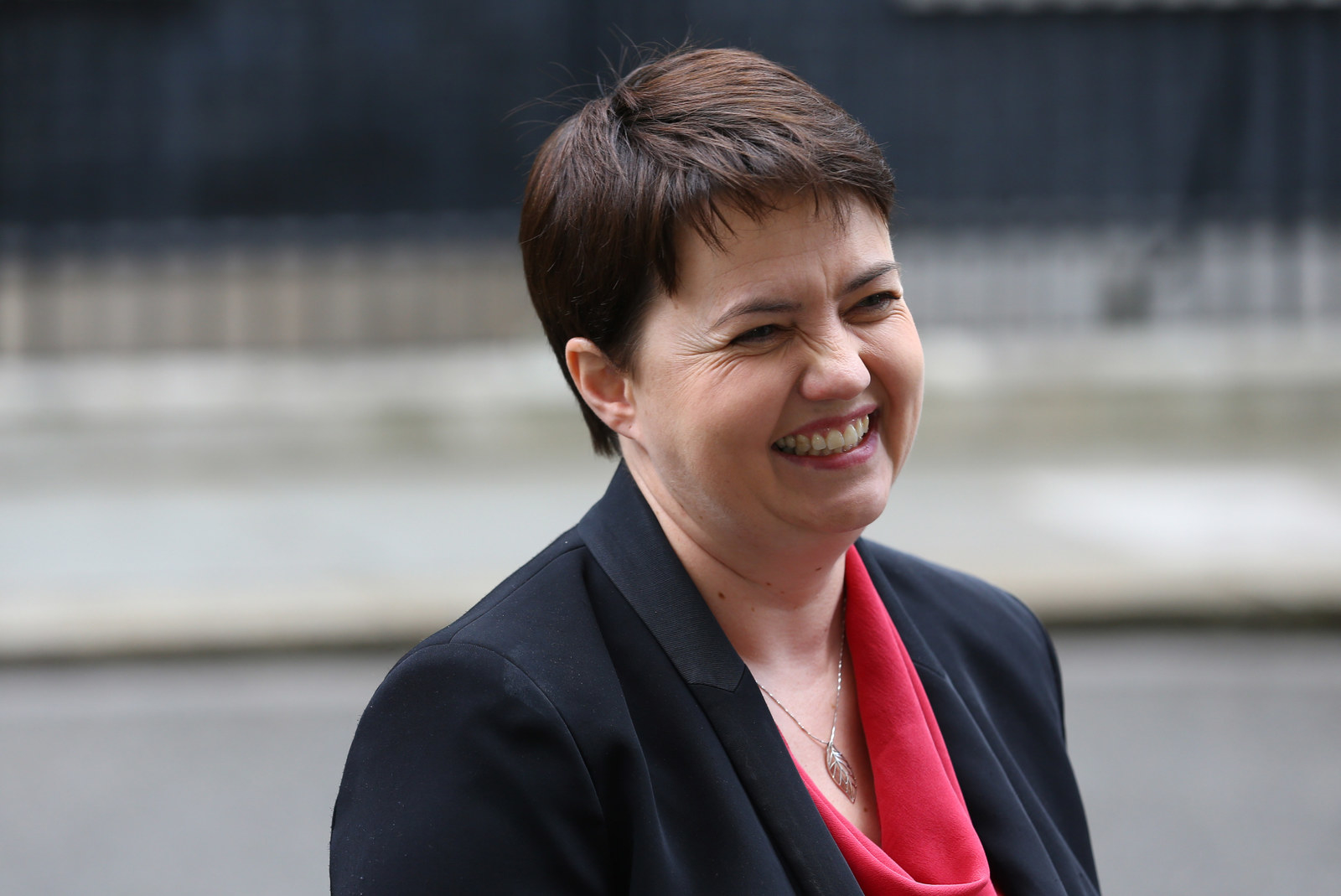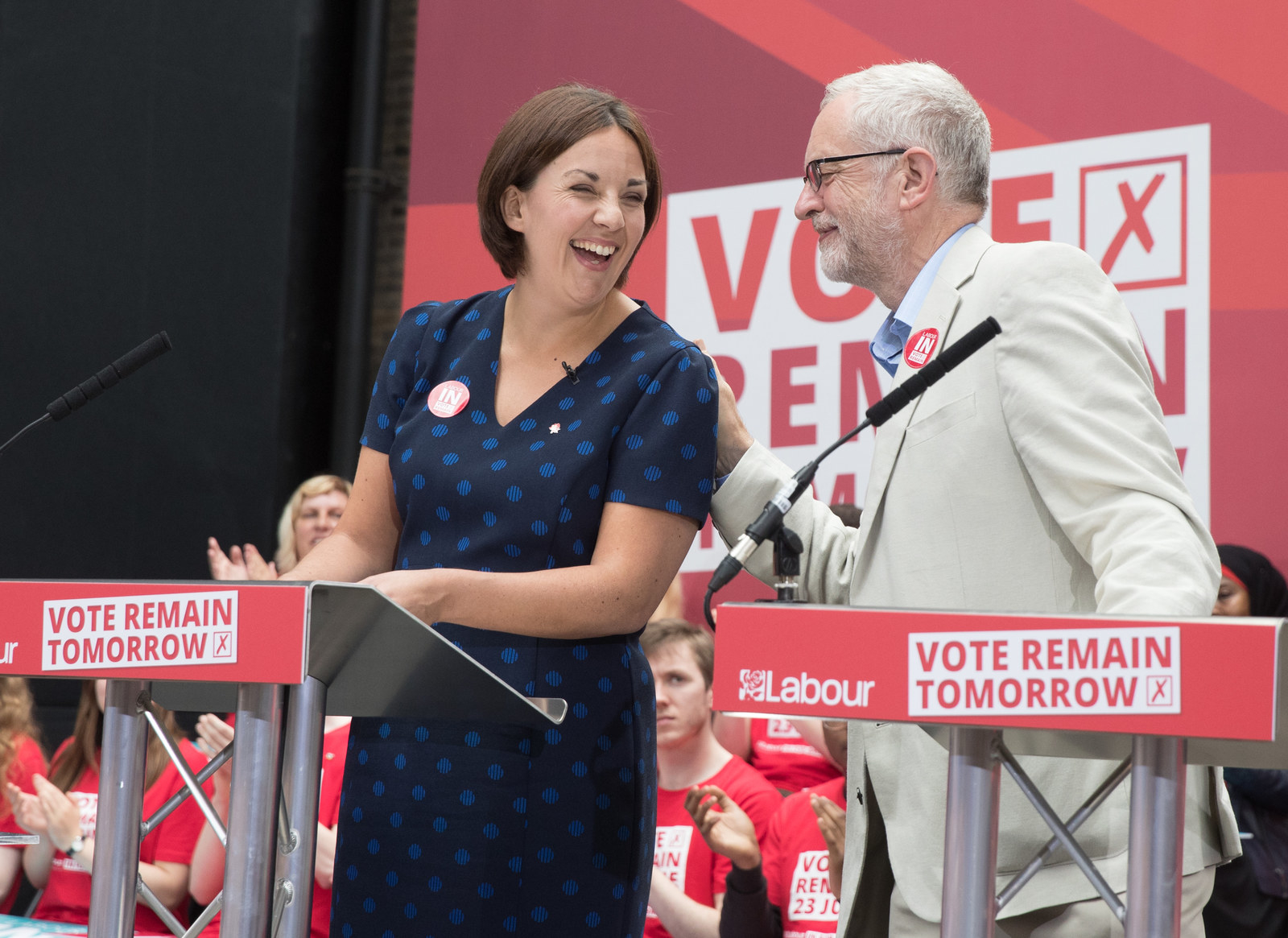
Scotland's deficit is just under £15 billion, according to new figures, representing a huge 10% of the country's GDP.
The Scottish government's annual financial bulletin, known as the GERS report, shows that the collapse in oil prices has hit Scotland's economy hard. The industry raised just £76 million in the past year, compared with £2.3 billion in 2014–15.
The GERS figures also show that revenue per person in Scotland was £400 lower than in the UK as a whole, but that public expenditure per person in Scotland was £1,200 higher.
In contrast to Scotland, the UK's deficit – which is the difference between how much a country raises in taxes and how much it spends – sits at £75 billion, which is 4% of the country's GDP.

In spite of the difficult figures, Scotland's first minister Nicola Sturgeon pointed to a £2 billion growth in Scotland's onshore revenues – excluding the North Sea's oil and gas industries – and to a 50,000-strong rise in employment over the past three months.
“The foundations of our economy remain strong," insisted Sturgeon. "Scotland, in terms of economic output per head – and even excluding offshore revenues – remains the most prosperous part of the UK outside of London and southeast England.
“And today’s GERS publication shows that our onshore revenues continue to grow, with revenue increasing by £1.9 billion over the year, more than offsetting the decline in offshore revenue."
She added: "The lower oil price has, of course, reduced offshore revenues, with a corresponding impact on our fiscal position – this underlines the fact that Scotland's challenge is to continue to grow our onshore economy."
Sturgeon also said the challenging figures don't take into account the impact that leaving the EU could have on Scotland's economy.
Scottish government analysis published on Tuesday claimed that Brexit could cost the economy up to £11.2 billion a year by 2030, and the first minister said staying in the EU either as an independent country or as part of the UK is the only way to "sustain the economic growth" of recent years.

However, the Scottish Conservatives said the GERS figures were evidence of a "union dividend", claiming that being part of the UK makes each person in Scotland £1,600 better off year on year.
Scottish Conservative shadow finance secretary Murdo Fraser said the figures show that Scotland "benefits massively" from being a part of the UK, and urged Sturgeon to end talk of a second referendum on independence.
“When times are tough in Scotland, as they are now, the union means we can top up public spending so we don’t have to make huge cuts to the NHS or increase family tax bills," said Fraser.
“That’s how unions work – when one member needs support, the union provides it. The SNP now needs to take heed of the facts for once. In recent days we have seen the first minister fear-mongering over the UK’s decision to leave the EU in the hope she can hide the flaws in her own separation plan."
He added: “It would be better if [Sturgeon] faced up to the truth – you don’t meet the challenges of leaving one union by quitting one of far more importance to Scotland’s prosperity."

Scottish Labour leader Kezia Dugdale said the stark figures should "act as a reality check" for those who are calling for another referendum on Scottish independence, and claimed an independent Scotland would face cuts "over and above" those being imposed by the UK government.
"It's clearer than ever that Scotland benefits from pooling and sharing resources across the UK," said Dugdale. "Being part of the UK means higher spending on the public services like education and the health service that we all rely on. That's a strong, positive case for Scotland remaining in the UK – our most important social and economic union."
She added: “During the independence referendum Nicola Sturgeon personally promised a second oil boom. Her own government’s figures show she misled people and that is unforgivable.
"The SNP's own figures confirm independence would mean severe cuts over and above those already being imposed by the Tories, at exactly the time when our public services need more investment."
